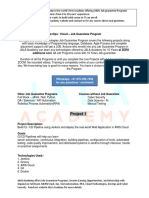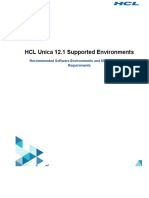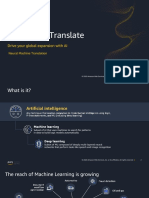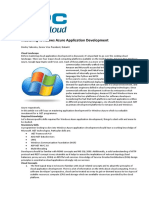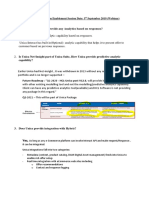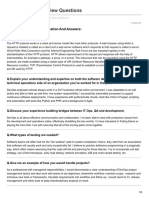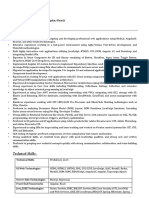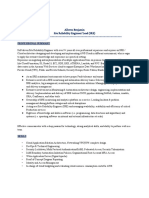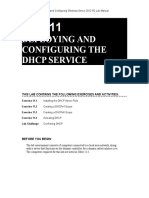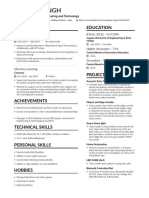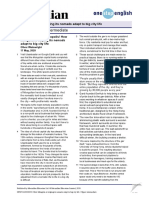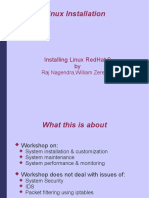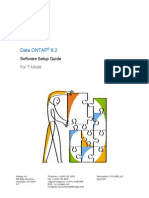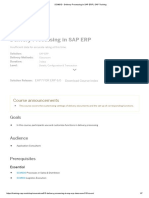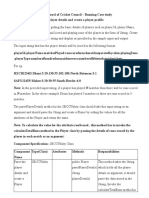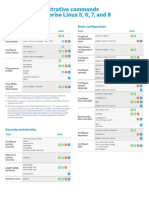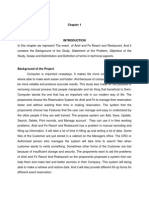0% found this document useful (0 votes)
114 views19 pagesDevOps Plus
Cognixia is a digital technology training company that has trained over 100,000 people in 37 countries since 2014. It provides various learning models including public and private instructor-led online training, classroom training, and self-paced online courses. Cognixia is recognized as a top training provider in fields such as big data, IoT, cloud computing, and DevOps. The DevOps Plus program offered by Cognixia provides a 48-hour introduction to key DevOps concepts and tools such as Git, Docker, Chef, Puppet, and SaltStack spread over 16 days of live online training with industry experts and hands-on assignments.
Uploaded by
Abhay KumarCopyright
© © All Rights Reserved
We take content rights seriously. If you suspect this is your content, claim it here.
Available Formats
Download as PDF, TXT or read online on Scribd
0% found this document useful (0 votes)
114 views19 pagesDevOps Plus
Cognixia is a digital technology training company that has trained over 100,000 people in 37 countries since 2014. It provides various learning models including public and private instructor-led online training, classroom training, and self-paced online courses. Cognixia is recognized as a top training provider in fields such as big data, IoT, cloud computing, and DevOps. The DevOps Plus program offered by Cognixia provides a 48-hour introduction to key DevOps concepts and tools such as Git, Docker, Chef, Puppet, and SaltStack spread over 16 days of live online training with industry experts and hands-on assignments.
Uploaded by
Abhay KumarCopyright
© © All Rights Reserved
We take content rights seriously. If you suspect this is your content, claim it here.
Available Formats
Download as PDF, TXT or read online on Scribd
/ 19







